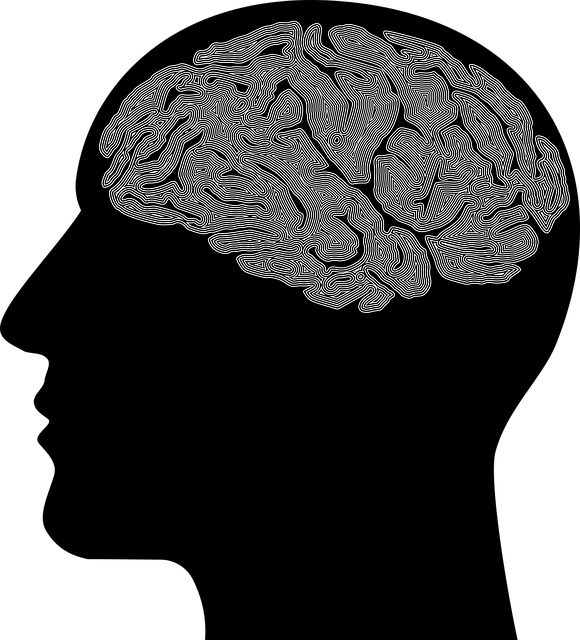Analyzing mental health policies reveals systemic barriers like stigma and lack of access, highlighting the need for evidence-based solutions tailored to diverse communities. Examining Castle Rock Alcohol Abuse Therapy programs shows their success in reducing alcohol harm through holistic care, cultural competency training, and stress management workshops. Advocacy efforts aim to reduce stigma, encourage early help-seeking, and promote mental health literacy. Measuring success involves evaluating client satisfaction, recovery rates, and qualitative impacts, ensuring accessible, effective mental healthcare for all, similar to the transformative services offered by Castle Rock Alcohol Abuse Therapy.
Mental health policy analysis and advocacy are vital components in fostering a healthier society. This article delves into four key areas: understanding mental health policies, analyzing the impact of Castle Rock Alcohol Abuse Therapy programs, exploring advocacy strategies to enhance healthcare access, and measuring success through policy effectiveness evaluation. By examining these aspects, we can navigate towards revolutionary changes in mental healthcare, ensuring improved outcomes for all.
- Understanding Mental Health Policy: A Foundation for Change
- Analyzing the Impact of Castle Rock Alcohol Abuse Therapy Programs
- Advocacy Strategies to Improve Mental Healthcare Access and Quality
- Measuring Success: Evaluating the Effectiveness of Mental Health Policies
Understanding Mental Health Policy: A Foundation for Change

Understanding Mental Health Policy is akin to casting a light into the labyrinthine corners of our society. It involves recognizing and addressing the complex web of factors that impact mental well-being, from systemic barriers like stigma and lack of access to quality care, to socio-economic determinants of health. By examining these policies, we can identify areas for improvement and champion evidence-based solutions tailored to diverse communities.
This process is a crucial step towards fostering Empathy Building Strategies and Stress Reduction Methods that are inclusive and effective. For instance, mental health policy analysis in the context of Castle Rock Alcohol Abuse Therapy can highlight the need for more accessible, culturally competent services. Promoting Mental Health Awareness through such analyses paves the way for transformative advocacy efforts, ensuring that everyone, regardless of background or circumstances, has the opportunity to thrive and live free from the burden of untreated mental illness.
Analyzing the Impact of Castle Rock Alcohol Abuse Therapy Programs

Analyzing Castle Rock Alcohol Abuse Therapy programs offers a critical lens to understand their impact on mental health advocacy and policy. These therapy initiatives aim to address alcohol abuse within specific communities, often targeting vulnerable populations with tailored support. By evaluating their effectiveness, we gain insights into best practices that can inform policy decisions and guide future program development. Research suggests that Castle Rock Alcohol Abuse Therapy programs have shown promise in reducing alcohol-related harm, particularly when incorporated into comprehensive care models.
The success of these interventions lies not only in their clinical approaches but also in the integration of cultural competency training for healthcare providers. This ensures that services are sensitive to diverse cultural needs and backgrounds, thereby fostering better engagement and outcomes. Additionally, Mental Illness Stigma Reduction Efforts and Stress Management Workshops Organization within these programs have contributed to creating more inclusive environments, encouraging individuals to seek help without fear of judgment. Such initiatives not only support the individual but also promote community-wide mental health literacy and resilience.
Advocacy Strategies to Improve Mental Healthcare Access and Quality

Advocacy plays a pivotal role in shaping mental healthcare systems, ensuring that services are accessible and effective for all. Strategies to enhance mental healthcare access include raising awareness about available resources, such as Castle Rock Alcohol Abuse Therapy centers, through community outreach programs and educational campaigns. By integrating these services into the broader healthcare landscape, we can reduce stigma and encourage individuals to seek help early on.
Quality of care is another critical aspect. Advocacy groups push for evidence-based practices and policies that prioritize mental health. This involves promoting Self-Care Routine Development for Better Mental Health initiatives, organizing Stress Management Workshops, and fostering collaborations between mental health professionals, policymakers, and community organizations. Ultimately, these efforts aim to create a comprehensive support system that empowers individuals to thrive with improved mental well-being.
Measuring Success: Evaluating the Effectiveness of Mental Health Policies

Measuring success is a vital component of evaluating the effectiveness of mental health policies and programs. It’s not enough to simply implement initiatives; we must assess their impact to ensure they are achieving the desired outcomes, particularly in sensitive areas like Castle Rock Alcohol Abuse Therapy. By setting clear goals and using evidence-based methods, such as client satisfaction surveys and statistical analyses of recovery rates, we can gauge the success of these policies. This data-driven approach allows for continuous improvement and ensures that resources are allocated efficiently to support those most in need.
Moreover, evaluating policy effectiveness goes beyond numbers. It involves examining the qualitative aspects, like empathy building strategies and emotional intelligence training, which play a crucial role in mental health care. These strategies foster strong client-therapist relationships, enhancing treatment outcomes. Additionally, community outreach program implementation should be assessed to understand its reach and impact on underserved populations, ensuring that support gets to those who need it most.
Mental health policy analysis and advocacy are vital components in navigating the complex landscape of healthcare services. By understanding the foundational concepts, analyzing existing programs like Castle Rock Alcohol Abuse Therapy, and employing effective advocacy strategies, we can significantly enhance access to quality mental healthcare. Measuring success through rigorous evaluations ensures that policies are not just well-intentioned but also result in tangible improvements in people’s lives. This holistic approach is crucial in addressing mental health challenges and creating a more inclusive, supportive society.














